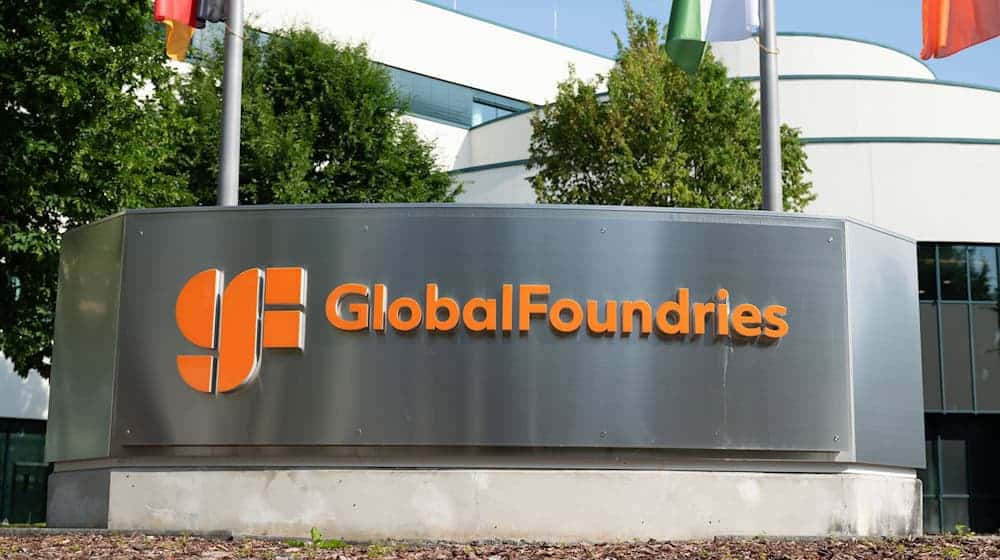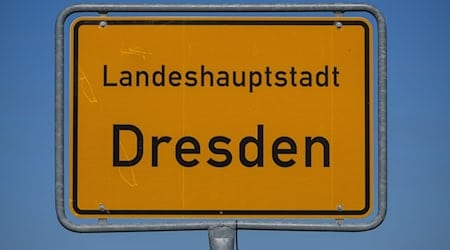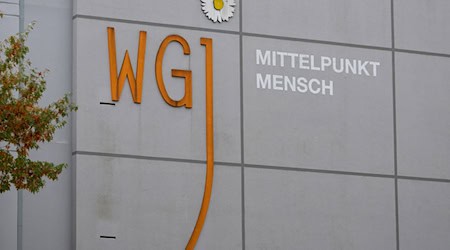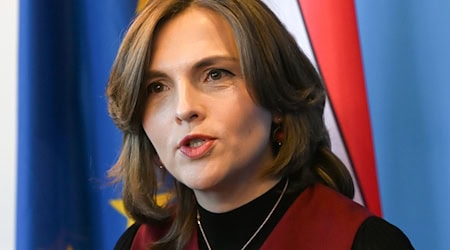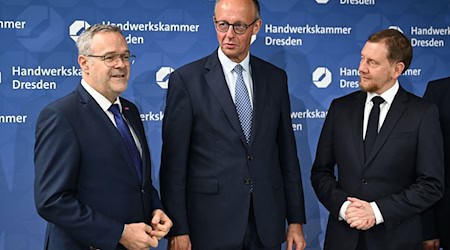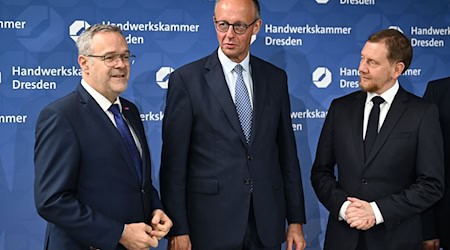The chip manufacturer Globalfoundries (GF) plans to invest around 1.1 billion euros in expanding its production capacities at its Dresden site. Instead of the current 950,000 wafers per year, 1.1 million are to be delivered from the end of 2028, the company announced. It announced the plans in the presence of German Chancellor Friedrich Merz (CDU). The production area is to grow by 5,000 square meters. Work already began in June 2025.
Even today, GF is the largest semiconductor plant in Europe with a clean room area of 60,000 square meters. Around 3,000 employees work here. They not only produce chips for the automotive industry, but also for smartphones, cyber security applications, mobile banking and 5G technology.
GF aims to increase production speed with the "Sprint" project
The expansion project, known as "Sprint", is to receive significant funding from the federal government and the state of Saxony under the rules of the European Chips Act. However, final approval from the EU Commission under state aid law is still pending. This is another reason why great importance is attached to Merz's visit to GF. According to GF, it has invested more than 10 billion euros in the Dresden site since 2009.
More chips for the defense sector and aerospace
With the expansion, GF wants to produce more circuits for Europe's defense sector, for critical infrastructures and for aerospace. The contract manufacturer also wants to expand its "Shuttle" business area. This involves wafers that are shared by several companies, universities or small customers in order to obtain prototypes and small series of chips developed in-house. According to GF, it has around 300 customers worldwide, and the Dresden plant alone has around 120.
Merz: Sprint project a commitment to Germany as an industrial location
"The Sprint project is a commitment to Germany as an industrial location and innovation hub - and above all to the sovereignty of our country and Europe," said Merz. The investment sends out a signal that Germany wants to play an active role in shaping the development of the global semiconductor market. With the national microelectronics strategy, the federal government is setting the course for further expanding these strengths. We are talking about a key technology because it is the key to the future.
According to the head of Saxony's government, Michael Kretschmer (CDU), Germany will not allow itself to be "boiled off" in the international competition in the semiconductor industry. If the industry is subsidized elsewhere in the world, there are also opportunities for support here.
GF Managing Director Tim Breen recalled the recent chip bottlenecks in the automotive industry. This shows how vulnerable global chip supply chains really are. The expansion in Dresden is a further step in GF's strategy to tackle these challenges in a targeted manner. It strengthens GF's role as a "resilient and trusted partner for customers in critical industries".
Copyright 2025, dpa (www.dpa.de). All rights reserved

